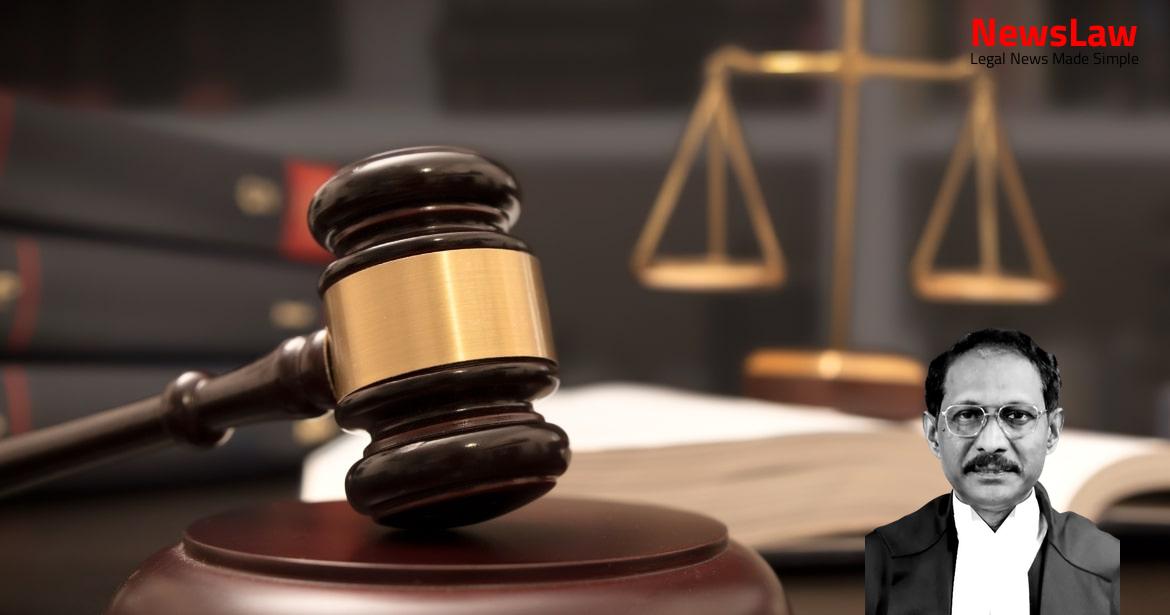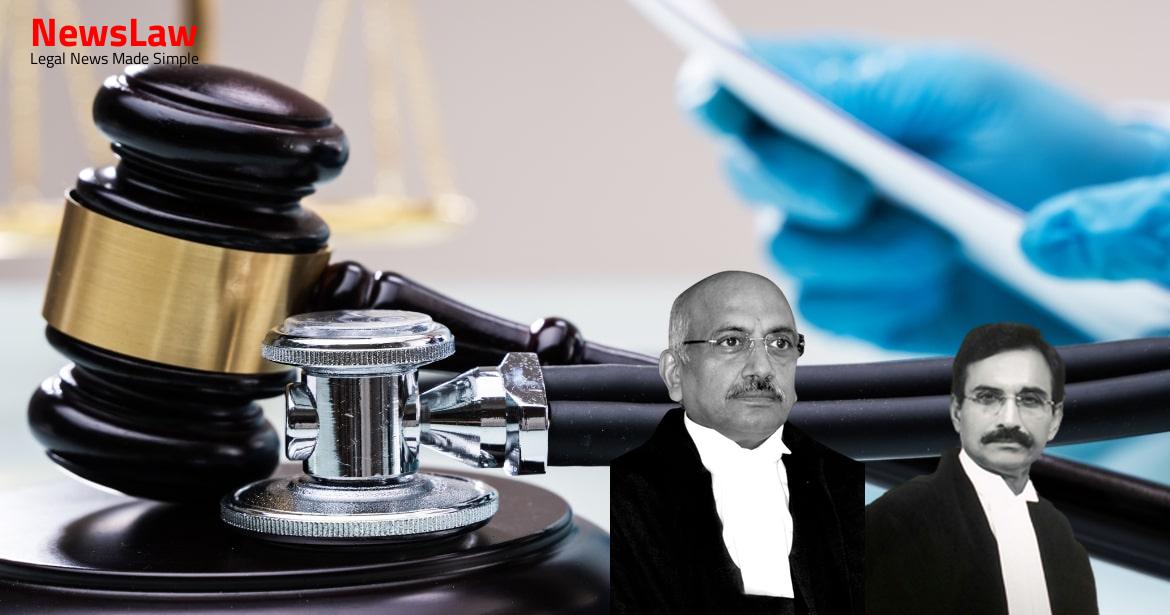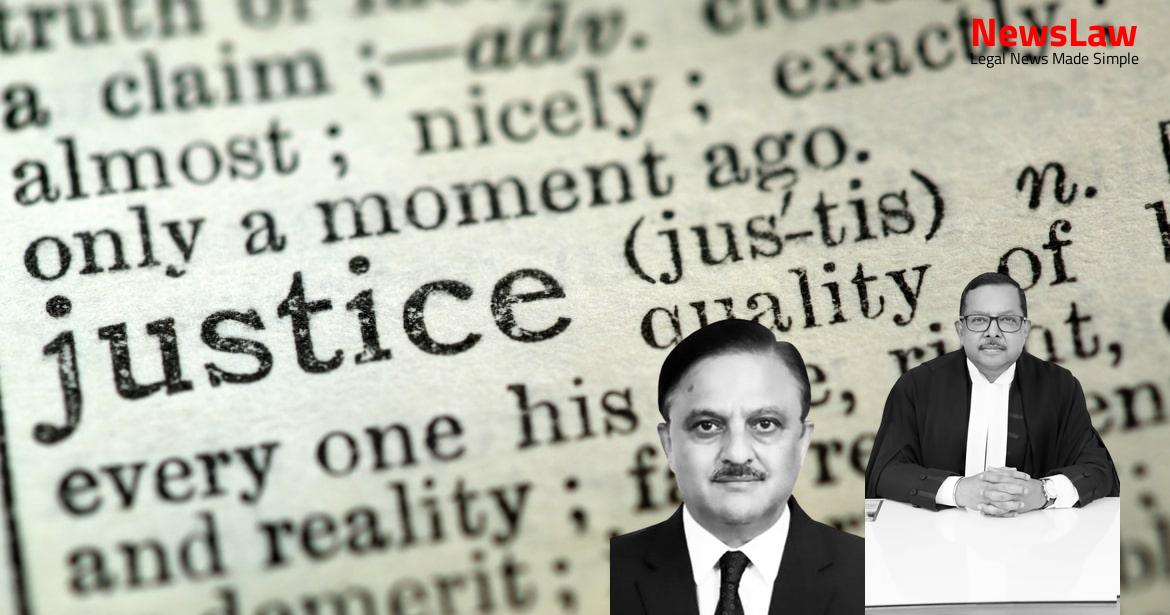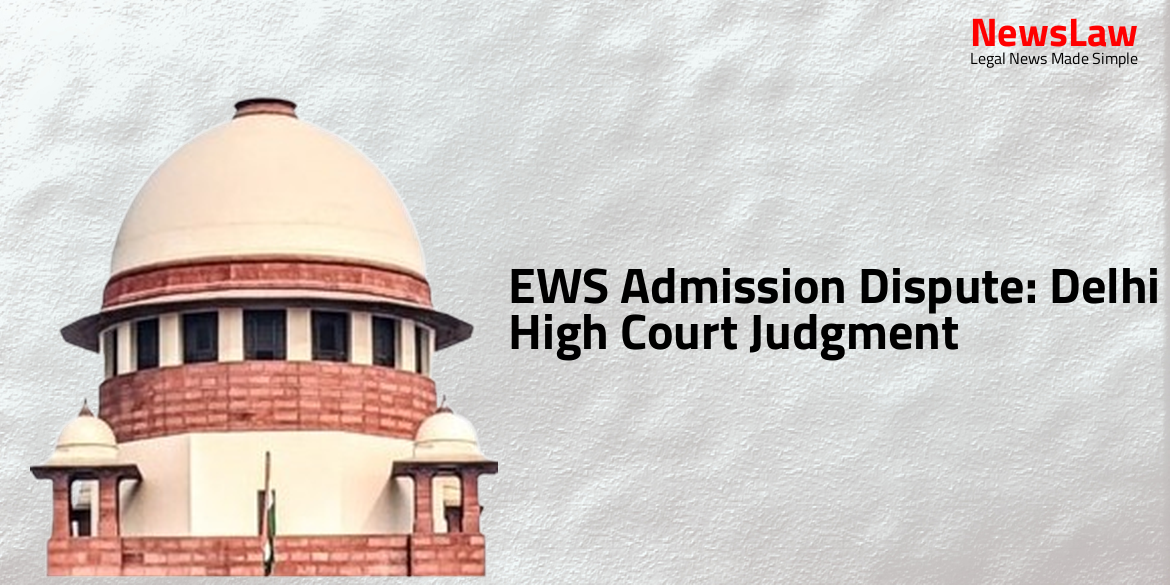In a recent legal case, the court addressed the challenge against amendments to the Foreign Contribution (Regulation) Act, 2010, focusing on the constitutional validity and impact on fundamental rights. The court’s analysis delved into the legislative policy, compliance requirements, and objectives of the Act. Stay tuned to understand the nuances of the court’s decision on this critical matter.
Facts
- The petitioners are challenging the constitutional validity of certain amendments to the Foreign Contribution (Regulation) Act, 2010.
- The particular sections being challenged are 7, 12(1A), 12A, and 17(1) of the FCRA Amendment Act, 2020.
- The petitioners argue that these amendments are arbitrary, unreasonable, and infringe upon their fundamental rights under Articles 14, 19, and 21 of the Constitution of India.
- The petitioners are founders of ‘The Care and Share Charitable Trust’ in Vijayawada, registered under various government authorities including the Income Tax authorities and Ministry of Home Affairs for receipt of foreign funds.
- Petitioner No. 1 and No. 2 are trustees of the Trust, with petitioner No. 2 also being a social worker.
- Petitioner No. 3 and No. 4 are trustees of the National Worker Welfare Trust (NWWT) registered in Secunderabad.
Also Read: Land Acquisition Act Interpretation Case
Arguments
- The petitioners, voluntary organisations registered under the unamended 2010 Act, are engaged in social, educational, and religious charitable activities across communities.
- They challenge the constitutionality of certain sections of the amended FCRA, 2010 Act, asserting violations of Articles 14, 19, and 21 of the Constitution.
- The petitioners contest the mandatory disclosure of Aadhaar card details for registration or renewal under FCRA, citing arbitrariness and disproportionality.
- They argue that the amendments restrict foreign contributions, impacting collaborations and social upliftment efforts.
- The petitioners critique the requirement to open FCRA accounts only at the New Delhi branch of SBI as unreasonable and discriminatory.
- They seek various reliefs, including striking down the impugned sections and public notices, and challenging the extension of compliance timelines for NGOs.
- The petitioners emphasize the importance of non-profit organisations in social welfare and GDP contributions.
- Reliance is placed on legal precedents to support the arguments against the amended provisions and their impact on NGO operations and collaborations.
- The petitioners stress that the amendments lack legitimate goals and fail to establish a causal connection between the regulations and state interests.
- Respondents have filed a common affidavit in response to the averments made in the three writ petitions.
- The amendments to the legislation were based on past experiences of the executive and are considered a matter of legislative wisdom.
Also Read: Analysis of Compensation Method in Land Acquisition Case
Analysis
- Legislative policy prohibiting transfer and receipt of foreign contributions is beyond judicial review for the past five decades.
- Court refrains from interfering with policy matters based on individual hardships.
- The 2010 Act mandates the Ministry of Home Affairs to regulate foreign contributions.
- Amendments directly relate to the objectives of the 2010 Act.
- The Act aims to protect the sovereignty, integrity, and public order of India.
- Multiple compliance steps are required including audit, inspection, and filing of annual returns.
- Article 21 of the Constitution does not include the right to receive unregulated foreign funds.
- The Act’s objective is to secure the interests of sovereignty, public order, and the general public.
- The Act prohibits inflow of foreign contributions to protect national interests.
- The long title of the Act clarifies its purpose to regulate foreign contributions for the protection of national interests.
- An application for grant of certificate or giving prior permission must be made to the Central Government in the prescribed form and manner along with the specified fee.
- The Foreign Contribution (Regulation) Bill, 2006 aims to regulate acceptance and utilization of foreign contribution, prohibiting it for activities against national interests.
- Foreign contributions must be received in an ‘FCRA Account’ opened in a designated branch of the State Bank of India or a scheduled bank as specified by the Central Government.
- The Central Government may reject an application if it does not meet the prescribed form or contain necessary particulars.
- Conditions for grant of certificate or permission include not being fictitious, not engaging in activities promoting communal tension, not misusing funds, and other criteria safeguarding national interests.
- The certificate granted under the Act is valid for five years, with prior permission being specific to the purpose or amount of foreign contribution proposed to be received.
- The amendments proposed in the Foreign Contribution (Regulation) Amendment Bill, 2020 aim to further regulate foreign contributions, including reducing administrative expense limits and requiring Aadhaar details.
- No person registered and granted a certificate under the Act can transfer foreign contributions to any other person unless approved by the Central Government.
- Amended provisions of 2020 Act (Sections 7, 12(1A), 12A, and 17 of the 2010 Act) are intra vires the Constitution and the Principal Act.
- Section 12A allows key functionaries of applicant associations/NGOs who are Indian nationals to produce Indian Passport for identification.
- It is unnecessary to discuss privacy concerns or the provision’s alleged arbitrariness.
- Acceptance of a foreigner’s Passport as identification implies Indian nationals’ Passports can serve the same purpose.
- Challenge to the provision’s reasonableness is unwarranted and does not require further consideration.
Also Read: Legal Analysis in a Landmark Case
Decision
- Pending applications disposed of
- Substantial compliance with Section 12A concerning identification
- Writ Petitions (Civil) 566, 751 of 2021 disposed of
- Writ Petition (Civil) 634 of 2021 also disposed of
- No order as to costs
Case Title: NOEL HARPER Vs. UNION OF INDIA (2022 INSC 411)
Case Number: W.P.(C) No.-000566 / 2021



